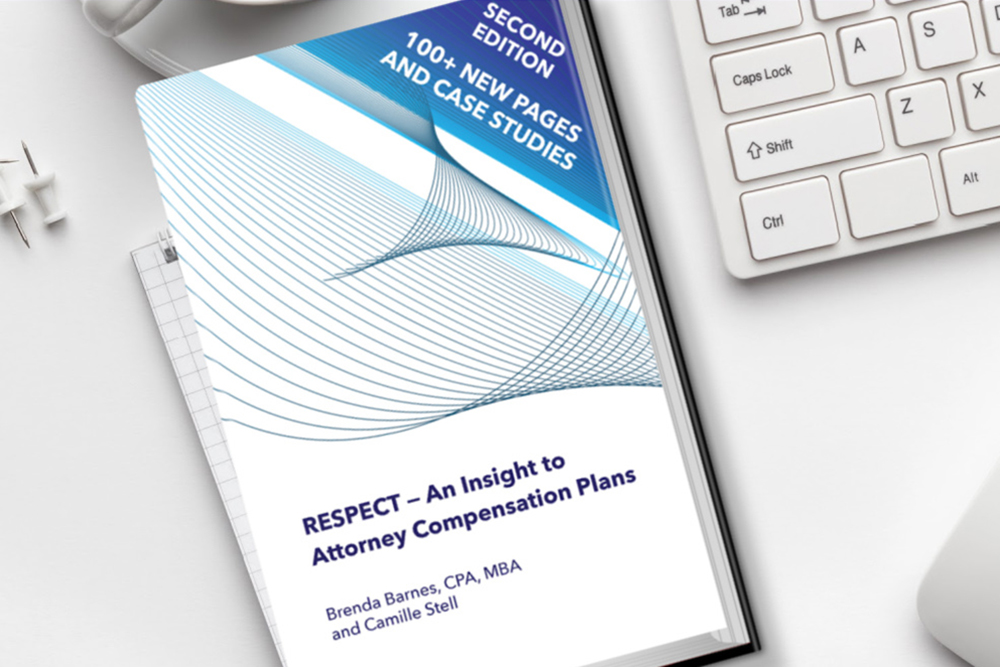Balancing the Equation: Is Partner Compensation a Science or an Art?

When it comes to determining partner compensation, the debate over whether to use a strict formula or take a more subjective approach has been long-standing. On the surface, a formula-driven compensation model offers clear advantages. It provides transparency, objectivity, and the ability to reward specific performance metrics such as billable hours, business origination, and collections. Partners know exactly what they need to achieve to earn their compensation, making it a straightforward, numbers-driven process. In this sense, compensation becomes a science, with predictable outcomes based on measurable inputs.
However, the art of compensation lies in recognizing that not all contributions to a law firm’s success can be quantified. Factors like leadership, mentoring, teamwork, and strategic vision are often difficult to capture in a purely formula-driven model. These intangible elements are critical to the long-term health and growth of a firm, but they may go unrecognized if compensation is based solely on hard numbers. A more subjective approach allows firms to reward these non-billable contributions, ensuring that partners who drive culture, foster development, and guide firm strategy are appropriately valued.
The key challenge for law firms is finding the right balance between science and art in their compensation plans. Relying too heavily on formulas risks creating a competitive, siloed environment where partners focus solely on individual performance metrics. On the other hand, an overly subjective approach can lead to perceptions of unfairness or favoritism if not managed transparently. Many firms are opting for hybrid models, combining formula-driven metrics with subjective evaluations to ensure that both tangible and intangible contributions are rewarded.
To navigate this complex balance, firms need thoughtful compensation strategies that reflect their values and goals. RESPECT: An Insight to Attorney Compensation Plans provides a roadmap for creating compensation systems that blend the objectivity of formulas with the nuance of subjective contributions. Dive deeper into the book to learn how your firm can craft a compensation model that rewards the right behaviors and fosters long-term success.




